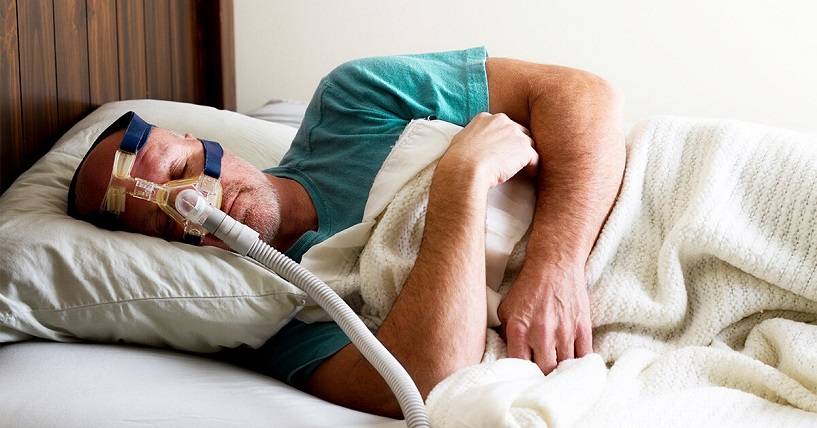
CPAP Water: The Risks and Benefits
If you’re using a CPAP machine to treat your sleep apnea, you may be wondering if it’s safe to use water with the device. In this blog post, we’ll discuss the risks and benefits of using CPAP water. We’ll also provide tips for keeping yourself safe while using CPAP water.
- What is CPAP water and how does it work?
CPAP water helps to humidify the air that is delivered through a CPAP machine. It does this by turning the water into vapor and then mixing it with the pressurized air. This mixture of air and vapor helps to prevent the air from becoming too dry, which can lead to discomfort and problems with the CPAP mask. The CPAP machine delivers the humidified air through a hose to the mask, which covers the nose and mouth. The CPAP water reservoir needs to be filled with distilled water on a daily basis in order for the humidification process to work properly. Some CPAP machines come with a built-in heater that helps to maintain a consistent temperature for the water. This can be especially beneficial in cold weather, when the humidity level in the air is typically lower.
- The benefits of using CPAP water
CPAP machines are designed to help people with sleep apnea get the rest they need. The machines use a mask that covers the mouth and nose, and they deliver a steady stream of air that helps to keep the airways open. However, one of the downsides of CPAP therapy is that the air can become dry, causing discomfort and even nosebleeds. That’s where using distilled water in your CPAP machine comes in. Distilled water helps to humidify the air, keeping your throat and nose from getting too dry. In addition, it can help to reduce noise from the machine and make it easier to sleep through the night. So if you’re looking for ways to get the most out of your CPAP therapy, using distilled water is a great place to start.
- How to reduce the risk of infection when using CPAP water
If you use a CPAP machine to help you sleep, it’s important to keep the water in the tank clean and free of infection. Here are a few tips to help reduce the risk of infection:
- Use distilled or sterile water in your CPAP tank. This will help to ensure that no contaminants are present that could cause an infection.
- Avoid tap water, which can contain bacteria and other contaminants.
- Change the water in your CPAP tank regularly, at least once a week. This will help to prevent the build-up of bacteria and other contaminants.
- Clean your CPAP equipment regularly, according to the manufacturer’s instructions. This will help to prevent the growth of bacteria and other microbes.
following these simple tips will help to reduce your risk of developing an infection while using CPAP therapy.
- The risks of using tap water in the CPAP machine
If you have a sleep apnea machine, you know that you have to use distilled water in it. But what if you don’t have distilled water and you need to use tap water instead? Is it safe? Here’s what you need to know about the risks of using tap water in your CPAP machine.
Tap water can contain impurities that can clog your CPAP machine and reduce its effectiveness. In addition, using tap water can increase the risk of developing respiratory infections. This is because the humidification chamber in a CPAP machine provides an ideal environment for bacteria to grow. When these bacteria are breathed in, they can cause respiratory infections.
So, what’s the bottom line? If you don’t have distilled water, it’s better to use tap water than no water at all. However, there are risks involved with using tap water, so it’s important to be aware of them. If you’re concerned about the safety of using tap water in your CPAP machine, talk to your doctor or sleep specialist. They can help you weigh the risks and benefits and make the best decision for your individual situation.




